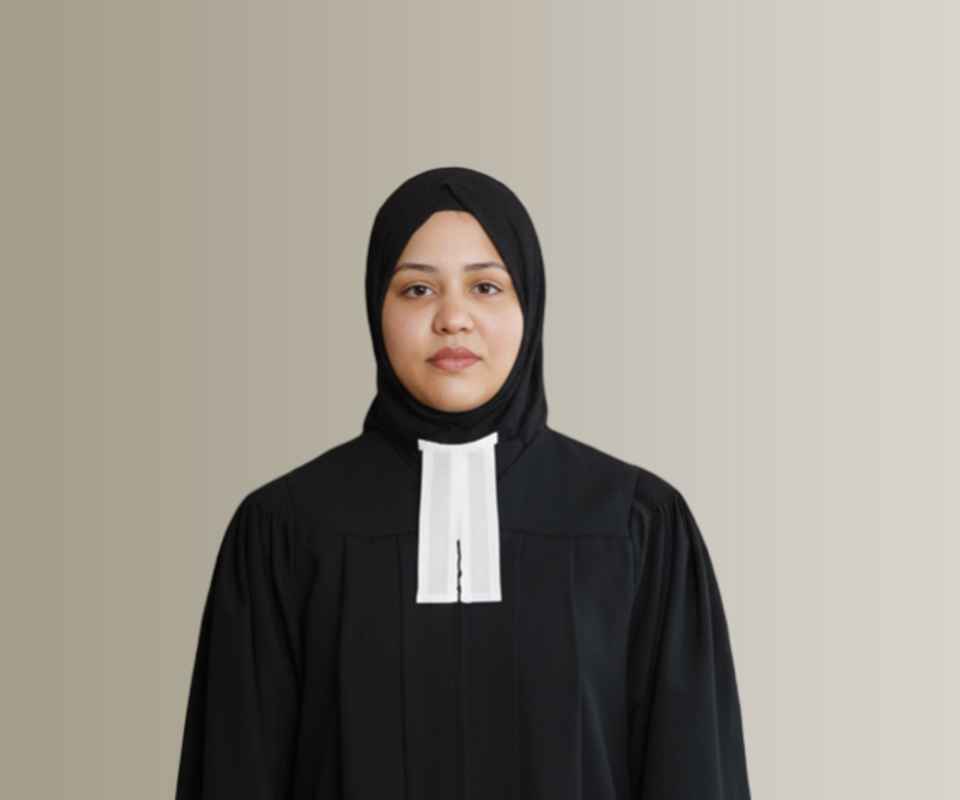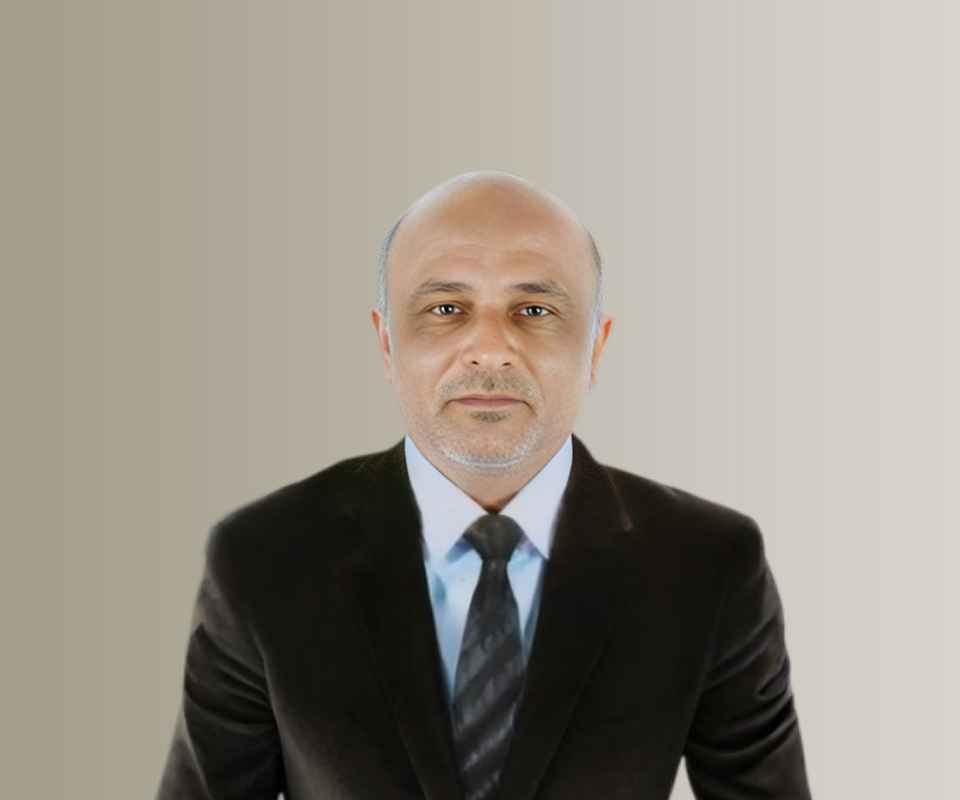Answer By law4u team
Child protection NGOs are organizations dedicated to the welfare and rights of children, particularly in cases of abuse, neglect, and other forms of harm. These NGOs often provide crucial support, resources, and advocacy for children who are at risk. While NGOs do not generally have automatic legal standing in custody cases, there are circumstances under which they can be involved in child custody proceedings. Their involvement can be essential in ensuring that the child’s best interests are represented, especially when the child's welfare is at risk due to the actions or inactions of the biological parents or guardians.
Can Child Protection NGOs Be Made a Party to Custody Proceedings?
Child protection NGOs can sometimes be made a party to custody proceedings, but this depends on the specific legal system and the circumstances of the case. In most jurisdictions, NGOs do not have the automatic right to intervene in custody cases; however, there are several avenues through which they can become involved:
Guardian ad Litem Role
In some legal systems, child protection NGOs may appoint a representative or social worker to act as a Guardian ad Litem (GAL) for the child. The GAL's role is to represent the best interests of the child in court proceedings, especially in cases where the child is too young to voice their own preferences or concerns. The NGO may recommend a GAL or directly participate in the child's representation to ensure their well-being is prioritized.
Intervening as a Party
Some jurisdictions allow NGOs, particularly those focused on child protection, to intervene in custody proceedings as a formal party. This may happen if the NGO has evidence or knowledge of situations where the child’s welfare is at risk or if there is a concern about abuse or neglect by the biological parents. In such cases, the court may allow the NGO to become a party to the case, enabling it to present evidence or argue for a custody arrangement that aligns with the child’s best interests.
Providing Evidence and Testimony
Child protection NGOs can often provide crucial evidence or testimony to the court. This can include assessments about the child’s safety, emotional state, and the adequacy of the parental environment. NGOs often have access to reports from social workers, psychologists, and other professionals who have worked with the child, and this testimony can be vital in helping the court make an informed decision about custody.
Child Welfare Reports
NGOs specializing in child protection may be tasked with preparing child welfare reports that can be presented in court. These reports typically include detailed observations and evaluations regarding the child’s home environment, family dynamics, and any risk factors such as abuse, neglect, or emotional distress. Courts often rely on such reports when determining the child’s best interests.
Representing Vulnerable Children in Complex Cases
In cases where a child’s safety is in jeopardy—such as cases involving child abuse, neglect, or parental incapacity—child protection NGOs may be specifically asked to provide support, advocate for the child’s needs, and act as an intermediary between the court and the child’s family. NGOs can also assist in identifying long-term care options for the child, including foster care or adoption if reunification with the biological parents is not a safe option.
Collaborating with Other Agencies
In many cases, NGOs work alongside other governmental and legal agencies, such as child welfare services or family courts. They may not be the formal party to the case but can still collaborate with social workers, psychologists, or legal representatives to ensure that the child’s rights and interests are upheld throughout the proceedings.
Role of NGOs in Custody Proceedings
The primary role of child protection NGOs in custody proceedings is to advocate for the child’s welfare and best interests. Here are the key contributions NGOs may make:
- Ensuring the Child’s Safety: NGOs help ensure that the child is not placed in a harmful or unsafe environment. They can bring attention to concerns about neglect, abuse, or emotional distress caused by the current custodial situation.
- Providing Professional Assessments: NGOs often have access to professional resources such as psychologists, social workers, and legal experts who can assess the child’s emotional, psychological, and developmental needs. These assessments are crucial in determining what kind of custody arrangement would be in the best interests of the child.
- Supporting the Child’s Voice: In situations where a child is old enough to express their preferences, NGOs can help ensure that the child’s voice is heard in court. They can facilitate communication between the child and the court system, ensuring that the child’s wishes are considered.
- Advocating for Long-Term Stability: NGOs focus on long-term solutions, advocating not just for immediate safety but for the child’s long-term stability. This could involve recommending foster care, guardianship, or adoption as more stable alternatives to custodial arrangements that are not in the child’s best interests.
Legal Considerations and Challenges
Despite their critical role in child welfare, child protection NGOs face several challenges when seeking to become a party to custody proceedings:
- Limited Legal Standing: Most NGOs do not automatically have standing in child custody matters. They must demonstrate their relevance to the case, usually by providing evidence of how they are connected to the child’s welfare or how the child's safety is at risk.
- Balancing Parental Rights and Child Protection: In cases where parental rights are strongly contested, courts must balance the child’s safety with the rights of biological parents. NGOs must navigate this delicate balance, advocating for the child while also respecting family structures and the parents' rights to reunification, if applicable.
- Court's Discretion: Courts have the discretion to decide whether to allow NGOs to intervene in custody matters. While the child’s best interests are the court’s priority, the NGO’s involvement is not guaranteed, and their request may be denied depending on the case's specific circumstances.
Example
In a case where a child has been living with foster parents for several years, but the biological parents are seeking to regain custody, a child protection NGO could be involved in the following way:
- Assessment of the Child’s Well-Being: The NGO conducts an evaluation to assess the child's emotional, physical, and psychological well-being while living with the foster parents.
- Court Intervention: The NGO might file a motion to intervene in the custody proceedings, citing concerns about the potential harm to the child if returned to the biological parents, who have a history of neglect.
- Evidence and Testimony: The NGO presents reports from social workers, psychologists, and the foster parents, as well as evidence of the biological parents’ failure to meet the child’s needs.
- Advocacy for the Child’s Best Interests: The NGO advocates for the child’s continued stay with the foster parents, arguing that it is in the child's best interest to remain in a stable and supportive environment.
Conclusion
Child protection NGOs can play a vital role in child custody proceedings, though their ability to become a party to the case depends on the legal system and the specific circumstances. Their primary role is to advocate for the child's best interests, ensuring the child’s safety and well-being are prioritized. Whether acting as a Guardian ad Litem, providing expert testimony, or intervening formally in the proceedings, child protection NGOs serve as essential advocates for vulnerable children in custody matters.







